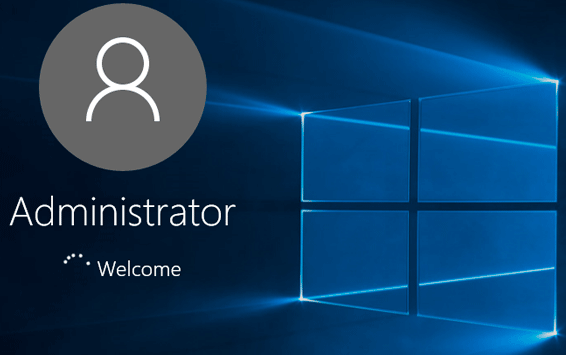Description
Introduction of Cloud Security Incident Response
Cloud Security Incident Response training provides an in-depth understanding of how to effectively respond to security incidents, breaches, and vulnerabilities in cloud environments. As cloud infrastructures expand, incident response becomes more complex due to the dynamic nature of cloud resources, services, and users. This course covers the tools, processes, and best practices needed to handle cloud security incidents efficiently, including real-time detection, analysis, containment, and recovery. Participants will also learn about cloud-specific vulnerabilities, legal considerations, and post-incident analysis to improve overall security posture.
Prerequisites
Participants should have:
- A basic understanding of cloud computing principles.
- Knowledge of fundamental security concepts (encryption, IAM, network security).
- Familiarity with cloud platforms such as AWS, Azure, or Google Cloud.
- Basic experience with incident response frameworks (e.g., NIST, SANS).
Table of Contents
1: Introduction to Cloud Security Incident Response
- The Importance of Incident Response in Cloud Security
- Understanding the Incident Response Lifecycle: Preparation, Detection, Containment, Recovery
- Differences Between On-Premises and Cloud Incident Response
- Key Challenges of Cloud Incident Response
- Overview of Cloud Service Models: IaaS, PaaS, SaaS, and Their Impact on Incident Handling
2: Cloud-Specific Threats and Vulnerabilities
- Common Cloud Vulnerabilities: Misconfigurations, DataExposure, API Exploits
- Understanding Cloud Threat Vectors: Phishing, DDoS, Ransomware, Insider Threats
- Vulnerability Management and Patch Deployment in Cloud Environments
- Tools for Cloud Vulnerability Scanning: AWS Inspector, Azure Security Center, Google Cloud Security Scanner
- Best Practices for Identifying and Mitigating Cloud Vulnerabilities
3: Detection and Monitoring in Cloud Environments
- Setting Up Monitoring and Logging in AWS, Azure, and Google Cloud
- Real-Time Threat Detection Using AWS GuardDuty, Azure Sentinel, Google Cloud Security Command Center(Ref: Zero Trust Security in the Cloud: Modern Approaches to Cloud Defense)
- Configuring Alerts for Suspicious Activity and Unauthorized Access
- Detecting Insider Threats and Data Exfiltration in Cloud Networks
- Best Practices for Monitoring Cloud Workloads and Services
4: Incident Containment and Mitigation
- Containment Strategies for Cloud-Specific Incidents
- Isolating Compromised Instances, Workloads, or Containers
- Configuring Firewalls, Network ACLs, and Security Groups to Prevent Lateral Movement
- Cloud Platform Tools for Incident Containment: AWS Systems Manager, Azure Automation, Google Cloud Orchestration
- Best Practices for Rapid Response and Containment in Cloud Incidents
5: Forensic Analysis in Cloud Environments
- Introduction to Cloud Forensics: Tools and Techniques
- Collecting and Preserving Digital Evidence in Cloud Platforms
- Using Logs and Metadata for Incident Investigation: AWS CloudTrail, Azure Monitor, Google Cloud Logging
- Conducting Root Cause Analysis of Cloud Security Incidents
- Best Practices for Cloud Forensics and Legal Considerations
6: Recovery and Remediation After a Breach
- Developing and Implementing a Cloud Recovery Plan
- Restoring Services and Data Post-Incident
- Applying Patches and Fixes to Cloud Vulnerabilities
- Validating Security Controls Post-Recovery
- Best Practices for Minimizing Downtime and Business Impact During Cloud Recovery
7: Post-Incident Analysis and Reporting
- Conducting Post-Incident Reviews and Retrospectives
- Learning from Incidents: Updating Cloud Security Policies and Procedures
- Reporting Incidents to Regulatory Authorities and Cloud Providers
- Implementing Security Enhancements Based on Incident Findings
- Best Practices for Continuous Improvement of Incident Response Plans
8: Advanced Cloud Incident Response and Future Trends
- Automating Cloud Incident Response Using AI and Machine Learning
- Incident Response in Hybrid and Multi-Cloud Architectures
- Preparing for Future Threats in Cloud Environments (Quantum Computing, AI-Driven Attacks)
- Integrating Incident Response with DevSecOps and Agile Methodologies
- Course Recap and Final Q&A
This training includes practical labs, real-world case studies, and interactive exercises to help participants apply incident response techniques in cloud environments effectively.







Reviews
There are no reviews yet.